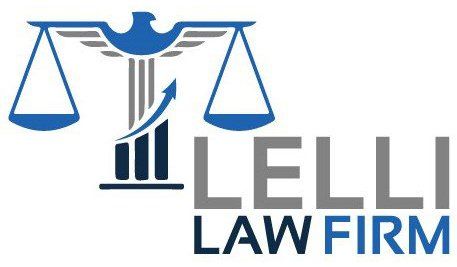Inadmissibility Waivers
Bringing hope to the hopeless through the U.S. legal system
Waivers of Inadmissibility & Unlawful Presence
Unlawful presence is the period of time when you are in the United States without being admitted or paroled or when you are not in a “period of stay authorized by the Secretary.” You may be barred from being admitted to the United States for:
- Three years, if you depart the United States after having accrued more than 180 days but less than one year of unlawful presence during a single stay and before removal proceedings begin;
- 10 years, if you depart the United States after having accrued one year or more of unlawful presence during a single stay, regardless of whether you leave before, during, or after removal proceedings; or
- Permanently, if you reenter or try to reenter the United States without being admitted or paroled after having accrued more than one year of unlawful presence in the aggregate during one or more stays in the United States.
According to section 212(a)(9)(B)(ii) of the INA, you accrue unlawful presence if:
- You are present in the United States without being admitted or paroled; or
- You have remained in the United States after the expiration of the period of stay authorized by the Secretary of Homeland Security (the Secretary).
Whether an unlawful presence bar applies to you depends on the immigration benefit you are seeking. Depending on the immigration benefit you are seeking, the law may exempt you from the bar.
If one or more of the unlawful presence bars applies to you, you generally cannot obtain a visa from the U.S. Department of State, enter the United States at a port of entry, or obtain an immigration benefit such as adjustment of status (Green Card) in the United States without first obtaining a waiver or another form of relief.
Whether a waiver or other form of relief is available to you depends on the immigration benefit that you are seeking.
I-601 and 1-601A Hardship Waivers
If your inadmissibility arises from unlawful presence in the U.S., fraud or misrepresentation, or crimes of moral turpitude, you must apply for an I-601 or I-601-A hardship waiver. Since these situations involve breaking the U.S. law, obtaining these waivers can be a stressful, even intimidating process. You’ll need to not only prove that your family member would experience hardship, but you must also explain why the U.S. government should forgive you for the acts you committed. Depending on the act or acts you committed, the standard of hardship ranges from extreme to “extraordinary and extremely unusual.” However, our immigration attorneys have successfully steered our clients through these situations and will fight to overcome even these barriers to admissibility. Contact us today to arrange a consultation.
J-1 Inadmissibility Waivers
If you’ve been living in the U.S. on a J-1 visa as a researcher, teacher, student, cultural exchange participant, au pair, a government consultant, or through another endeavor that brought you to the States, you likely must return to your home country for two years before you can obtain a green card. However, if you have family who are U.S. citizens or lawful permanent residents who need you to stay in the United States, you can apply for a J-1 inadmissibility waiver. Although the standard required to obtain the waiver is “exceptional,” our skilled immigration attorneys can look at your case to see whether your family’s needs meet that standard. If so, we will put together a rock-solid case that gives you the best chance of receiving a waiver. Get in touch with our legal team today.



